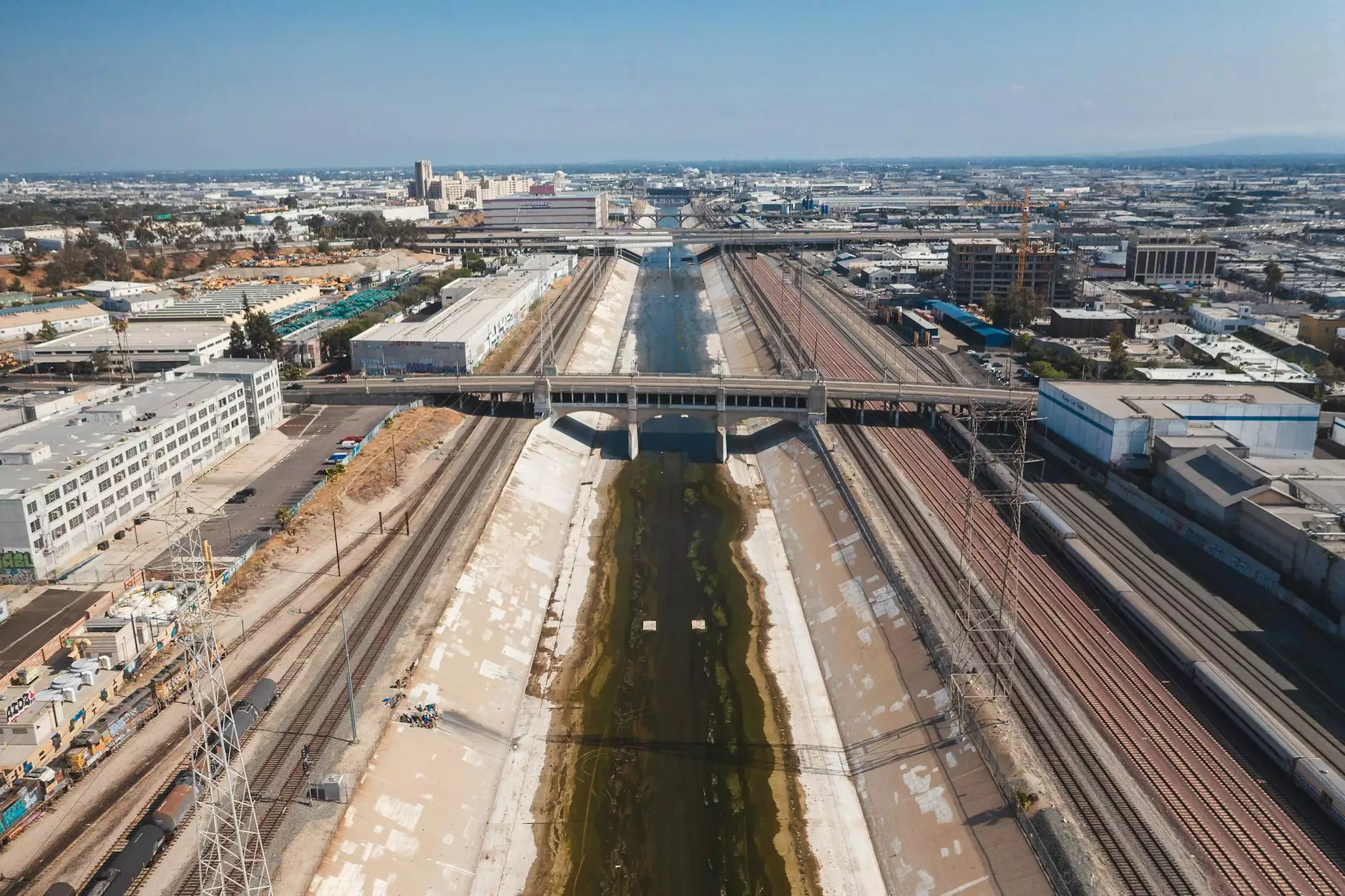Understanding Freight Truckload Quotes: A Comprehensive Guide

In today’s dynamic business landscape, effective logistics management is vital for ensuring that goods are delivered promptly and efficiently. One of the core elements of logistics is obtaining a freight truckload quote, which provides businesses with the cost of transporting their goods. This article will delve into the nuances of freight truckload quotes, from the factors that influence pricing to how you can secure the best rate for your shipping needs.
What is a Freight Truckload Quote?
A freight truckload quote is an estimate provided by freight carriers that outlines the cost to transport a full truckload of goods from one location to another. Unlike less-than-truckload (LTL) shipping, which involves transporting freight alongside other shipments, truckload shipping involves a single shipment that fills the entire truck. This can result in higher efficiency and potentially lower costs for businesses with larger shipping needs.
How Freight Truckload Quotes Work
Understanding how freight truckload quotes work is essential for maximizing your shipping budget. Let’s break down the process:
The Quote Request Process
- Gather Shipping Information: Before requesting a quote, collect all necessary details, including the origin and destination addresses, cargo weight and dimensions, type of goods, and desired shipping dates.
- Contact Freight Carriers: Reach out to multiple freight carriers or third-party logistics companies to request quotes based on your shipping specifications.
- Receive the Quotes: Carriers will evaluate your information and provide you with a freight truckload quote, outlining costs and any additional charges.
- Review and Compare: Analyze the quotes received, considering factors such as cost, transit time, and carrier reputation.
Factors Affecting Freight Truckload Quotes
Several key factors can influence the pricing of your freight truckload quote. Understanding these elements can help you budget more effectively and negotiate better rates.
1. Distance
The distance between the origin and destination is one of the most significant factors in determining the cost of freight. Longer distances typically result in higher costs due to increased fuel consumption and driver labor time.
2. Load Characteristics
Characteristics of the load itself, including:
- Weight: Heavier shipments often incur higher rates.
- Dimensions: Oversized freight may require special handling or equipment.
- Type of Cargo: Hazardous materials or fragile items may present additional charges.
3. Fuel Prices
The fluctuating cost of fuel can significantly impact freight pricing. Carriers often adjust their rates based on current fuel prices to maintain profitability.
4. Seasonality
Seasonal demand fluctuations can also affect prices. For example, shipping rates may rise during peak seasons, such as holidays, when demand for freight transport is at its highest.
5. Carrier Market Conditions
The dynamics of the freight market, including supply and demand for trucking services, can lead to variable pricing. In a tight market with limited availability, rates may increase.
Tips for Obtaining the Best Freight Truckload Quotes
When seeking a freight truckload quote, implementing certain strategies can optimize your chances of getting competitive rates:
1. Build Relationships with Carriers
Establishing strong relationships with freight carriers can lead to better rates and service. Regularly collaborating with specific carriers can foster trust and may result in loyalty discounts.
2. Use Freight Brokers
Freight brokers have extensive networks and industry expertise, allowing them to negotiate better rates on your behalf. Their relationships with carriers can provide access to competitive pricing.
3. Be Flexible with Shipping Dates
If possible, maintain flexibility with your shipping dates. Off-peak times can yield lower rates and allow for better negotiation opportunities.
4. Provide Accurate Information
Ensure that all details provided during the quote request process are precise. Inaccurate information can lead to unexpected additional charges down the line.
5. Explore Backhaul Opportunities
Backhauling refers to when trucks are given loads on their return journey. Inquiring about backhaul opportunities can significantly reduce shipping costs.
The Role of Technology in Freight Quotes
In an increasingly digital world, technology plays a crucial role in streamlining the process of obtaining freight truckload quotes.
1. Online Freight Marketplaces
Online platforms allow shippers to compare quotes from various carriers quickly. These marketplaces enhance transparency and provide an easy method for obtaining competitive pricing.
2. Freight Rate Calculators
Many logistics companies offer online freight rate calculators that can give instant quotes based on provided parameters. Utilizing these tools can save time and increase efficiency.
3. Tracking and Management Software
Investing in transportation management systems (TMS) can help businesses manage their freight more efficiently, providing insights into costs and carrier performance.
Conclusion
In summary, understanding and effectively utilizing freight truckload quotes is integral to successful logistics management for businesses. By recognizing the factors that influence pricing and leveraging technology, companies can optimize their shipping methods and improve overall efficiency.
As logistics continues to evolve, staying informed about shipping strategies and market trends will empower businesses to make the best choices for their freight transportation needs. By following the advice outlined in this article, you can ensure that you’re equipped to navigate the complexities of freight shipping, ultimately saving both time and money.



